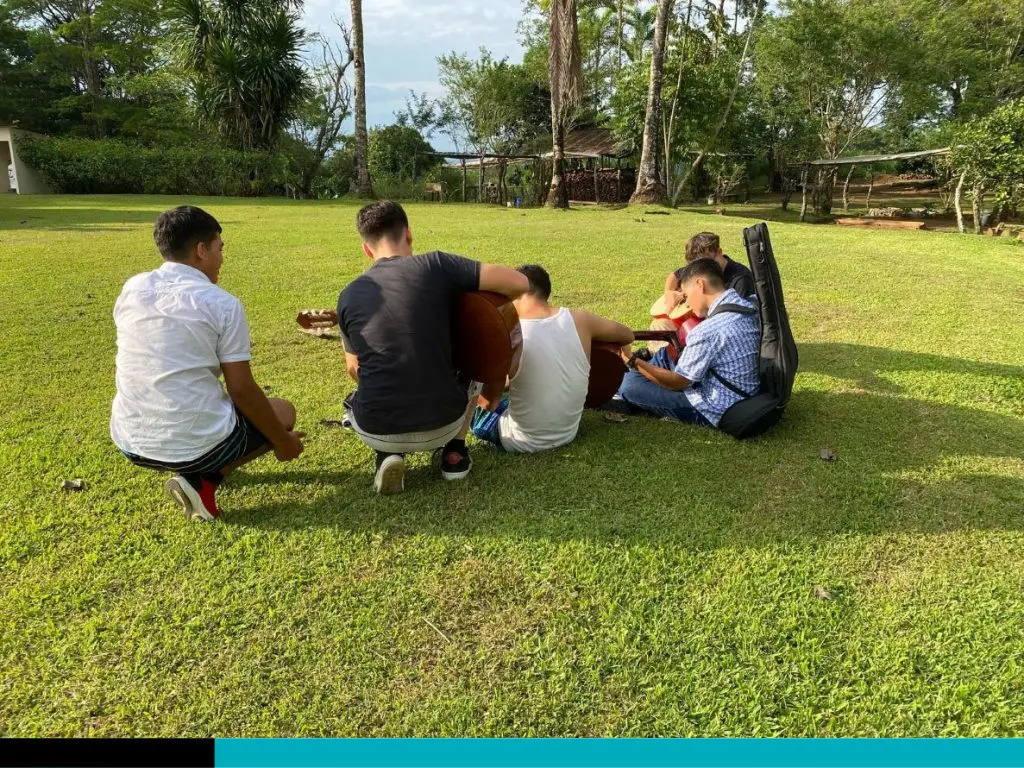QCOSTARICA — Twenty years have passed since the approval of the Tratado de Libre Comercio (TLC- CAFTA-DR) – Free Trade Agreement between Central America, the Dominican Republic, and the United States.
This trade agreement promised legal certainty for the parties and established a series of trade safeguards in the event that any party failed to comply with the agreement. However, the recent imposition of 10% tariffs by the Donald Trump administration on Costa Rican products—as well as those of many other nations—demonstrates that the validity of this international agreement applied only to Costa Rica.
The CAFTA establishes clear rules to prevent unilateral decisions; however, it also contains clauses that allow for exceptional actions for reasons of national security, economic emergency, and public health, which the United States has recently invoked.
– Advertisement –
Experts stated, before the approval of the CAFTA-DR, that the rules would not be equal for all.
The issue is that the FTA played no role in the United States’ decision to include Costa Rica on the list of countries subject to new tariffs on all its products, which has even forced it to enter into new negotiations that would involve concessions on various trade issues, playing against domestic producers.
Three economists were consulted to understand whether Costa Rica could activate the safeguard measures established by the FTA and thus avoid the imposition of tariffs, instead of sitting at the negotiating table with the United States to establish new concessions on issues that are of concern to the trading partner.
In this regard, Fernando Rodríguez, economist and former Vice Minister of Finance, was emphatic in stating that the country had little to do in the face of the tariff imposition.
“We always understood that trade agreements bound both parties to compliance, and if there was a problem, we could resort to established mechanisms to resolve disputes. The problem is that for the United States, the treaty never had the legal status that an international agreement does for us, which is even above national laws,” Rodríguez explained.
Economist Luis Paulino Vargas agreed with this view and added that many sectors warned that this could happen, in contrast to a “propaganda promise that FTAs provided legal security,” which today highlights the asymmetry of power, resources, and lobbying capacity, ignoring the mechanisms established by the treaty.
– Advertisement –
Arbitration Mechanism
Another instrument proposed in the FTA negotiations was arbitration mechanisms, in which one of the member countries files a dispute if it believes the other party has violated or misinterpreted the treaty.
To this end, an arbitration panel composed of independent experts appointed by the countries involved is formed. These experts receive the arguments from both nations and issue a report, but this is also not feasible to implement.
Leiner Vargas, economist and professor, said that the asymmetry of power led to the prediction from the beginning of the negotiations that the Central American countries would be the losers: “In fact, the lack of government support for productive sectors puts them at greater risk today, because the country is negotiating with the United States to eliminate trade barriers, which entails opening the market to avoid being penalized with 10% tariffs.”
Dispute Settlement with the WTO
The World Trade Organization’s (WTO) dispute settlement system is a mechanism for resolving international disputes, and FTAs can reference this mechanism, especially to resolve disputes without unilateral measures.
– Advertisement –
However, currently, the dispute settlement body is not functioning, so Costa Rica’s ability to resort to this mechanism is null.
“What would remain, which is also not an option, is to resort to the imposition of trade measures, but this would make products coming from the United States more expensive and, in some cases, could mean having no way to replace them. That would trigger inflation and shift the trade conflict onto the people,” Rodríguez added.
A Negotiation at a Disadvantage
Currently, Costa Rica is working to reach an agreement with the United States to reduce the 10% tariff.
According to publicly disclosed information, this would include lowering or eliminating a consumption tax on beverages from the United States that contain 30% alcohol.
The United States also wants to eliminate a supposed disadvantage it faces in public bidding processes when competing with Costa Rican state-owned companies such as the Costarricense de Electricidad (ICE) Costa Rican Electricity Institute – or the Instituto Nacional de Seguros (INS) -National Insurance Institute, as well as the phytosanitary barriers that delay sanitary permits for imported products.
The negotiations are also incorporating the opening of the table potato market from the United States, which has been closed since 2013, or what Costa Rica considers to be its largest trading partner, such as obstacles to the entry of dairy products, seafood, sheep, and eggs, in addition to intellectual property issues.
“It was foreseeable that at some point the rules established in the FTA would have no effect, and in the ongoing negotiations, of those six factors, several have to do with agriculture and industry. Therefore, addressing these demands would mean further placing Costa Rican agriculture in a situation of extreme vulnerability, which has already been severely hit by the FTAs and the neglect of the current governments,” analyzed Luis Paulino Vargas.
The least that would be expected of the Costa Rican authorities negotiating the new conditions, the expert added, is that they review their subsidy scheme, because allowing the free importation of highly subsidized agricultural products is an affront to domestic producers.
On the other hand, this situation highlights the importance of diversifying economic and trade ties beyond the region, turning our attention to Asian and South American markets, and especially expanding ties with Central America.
From SemanarioUniversidad.com. Read the original, in Spanish, here.
– Advertisement –
Source link
Rico



